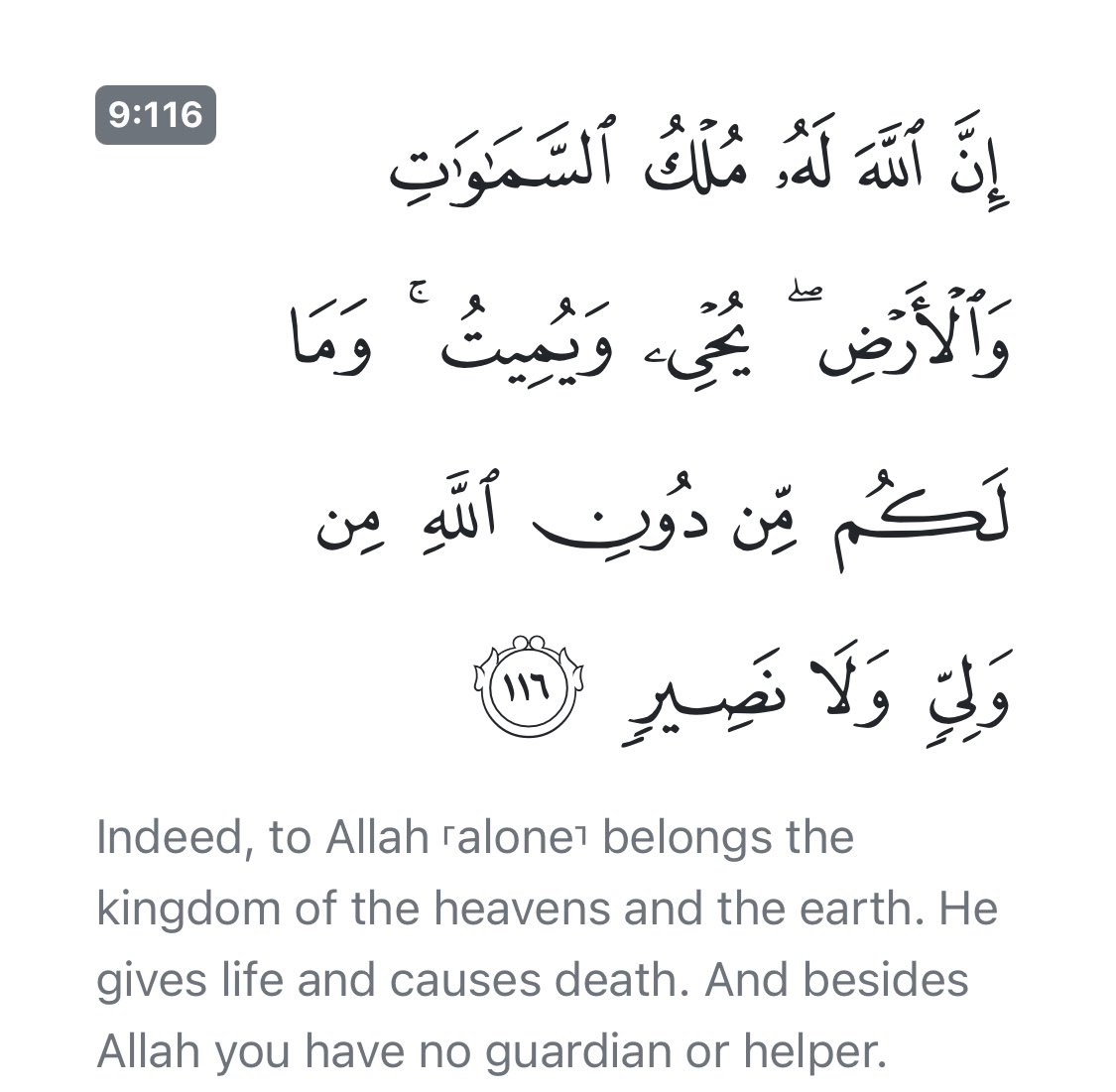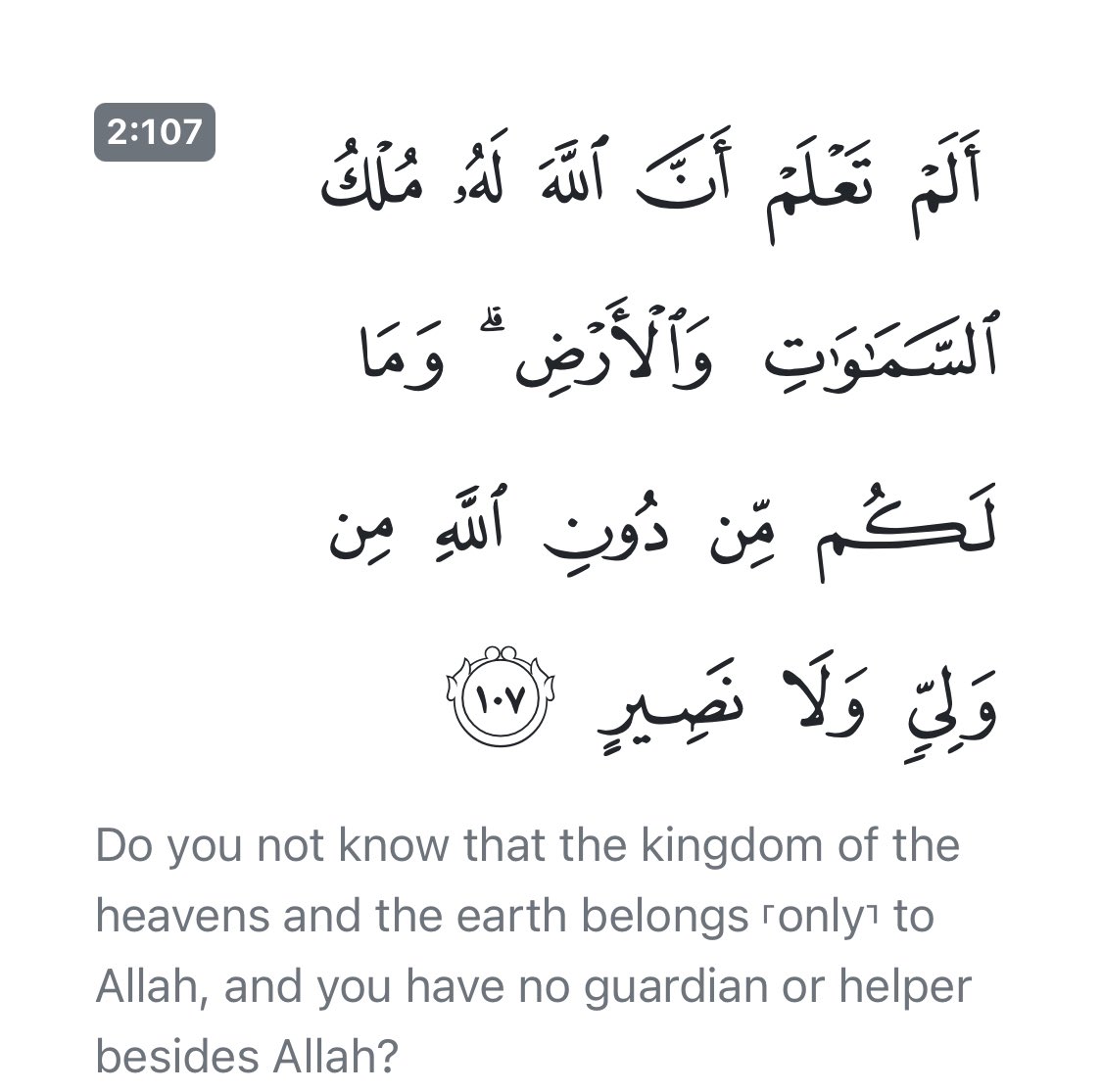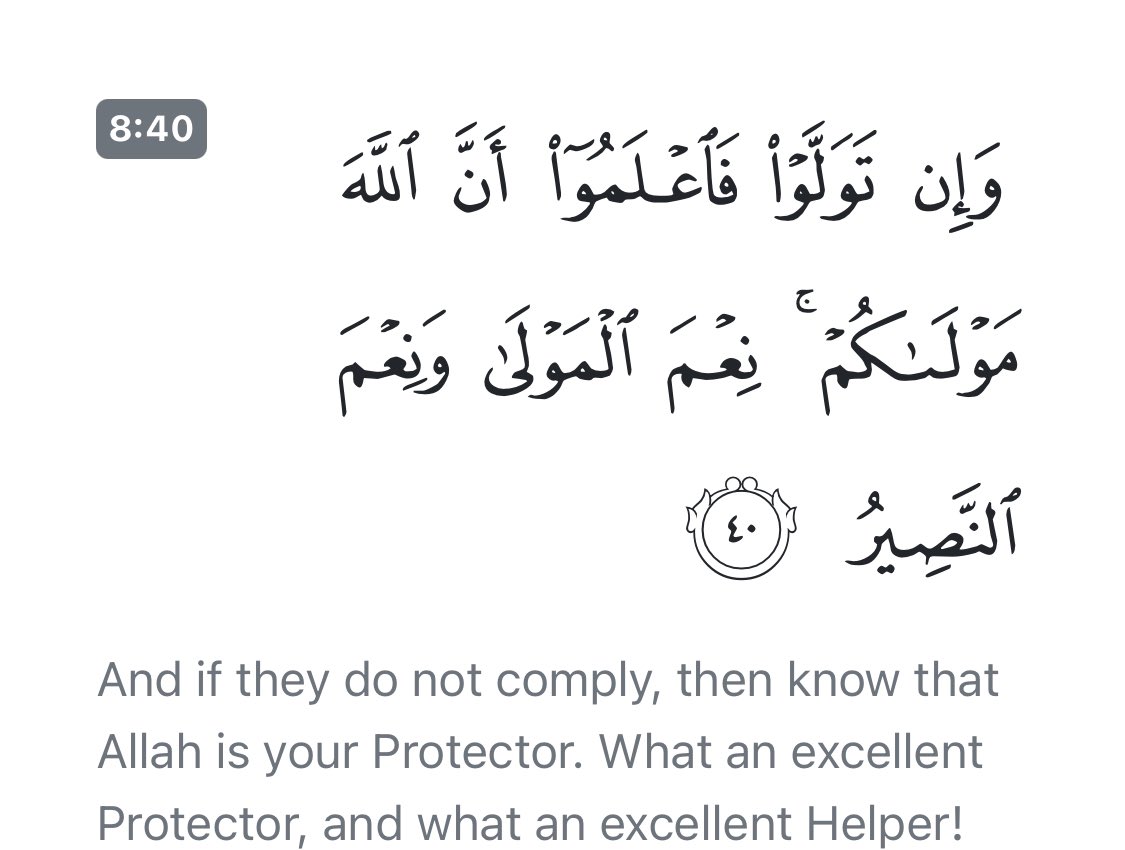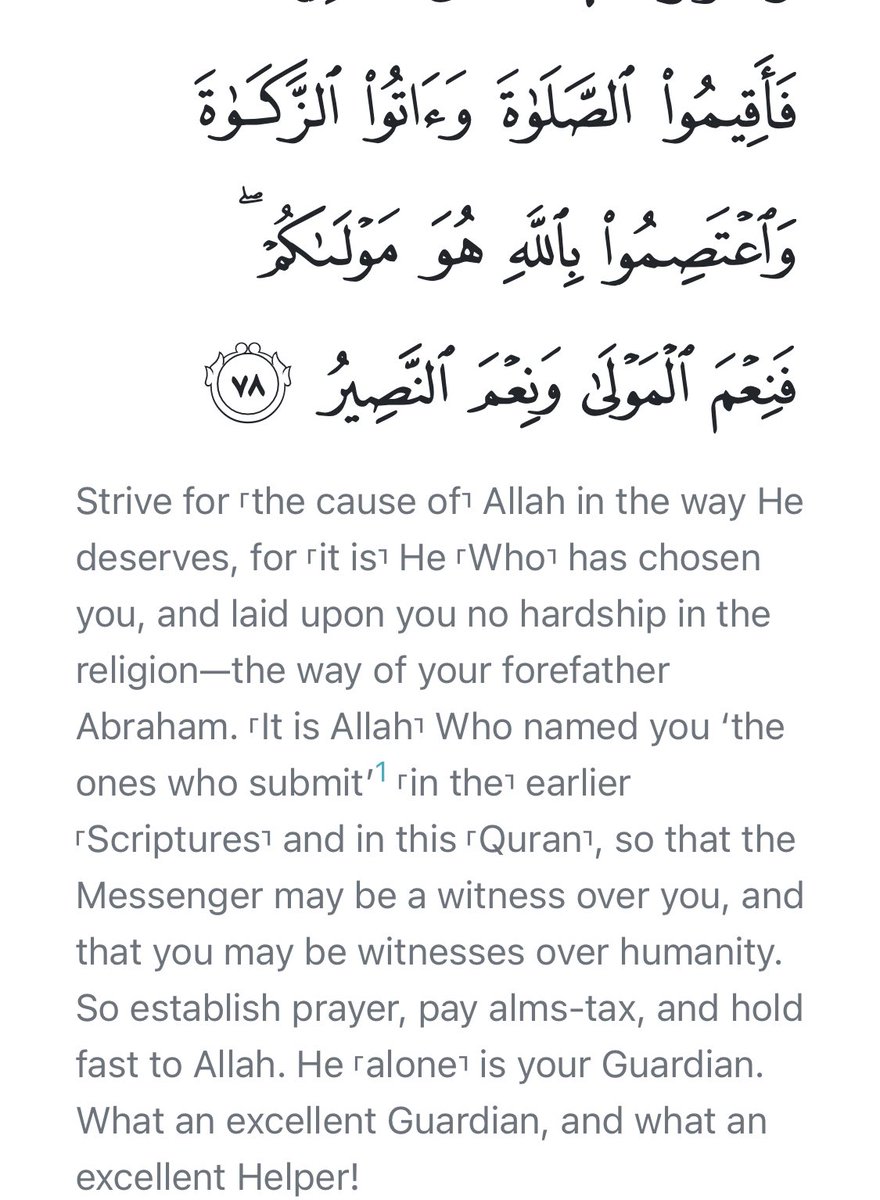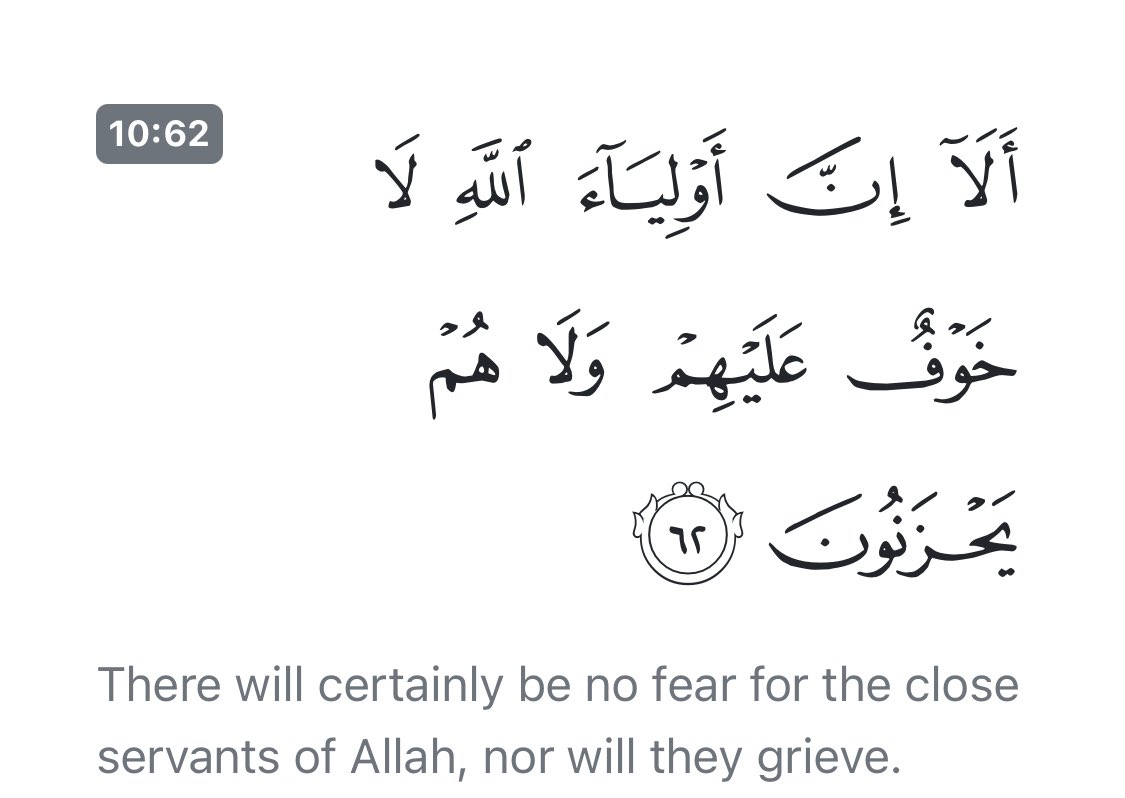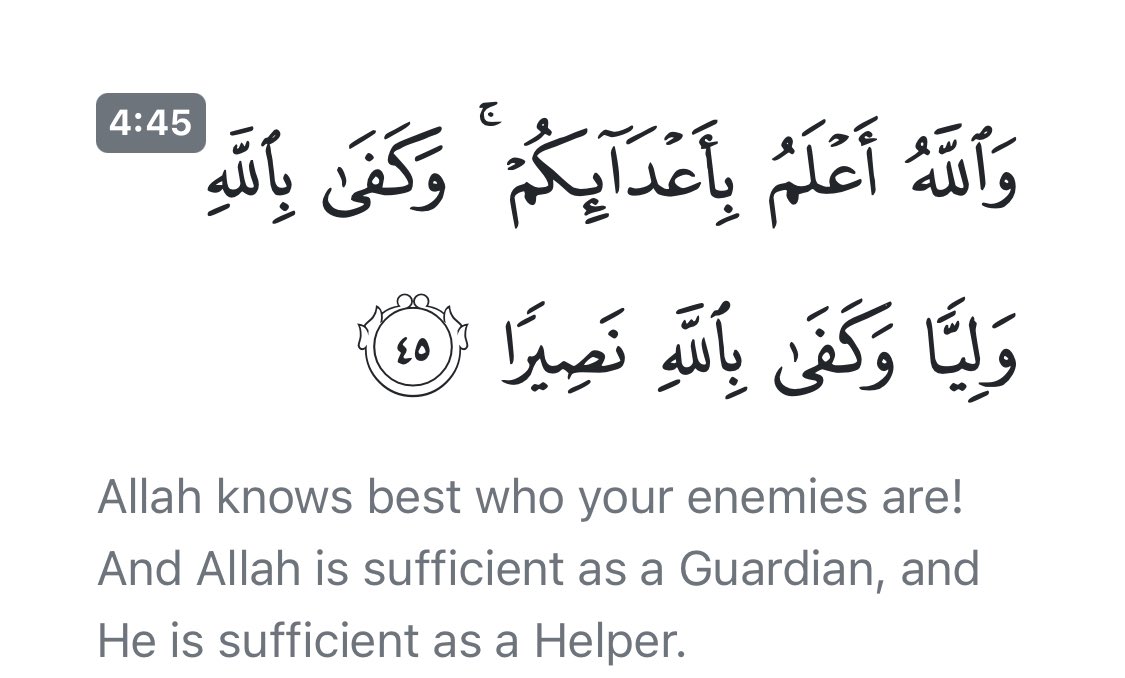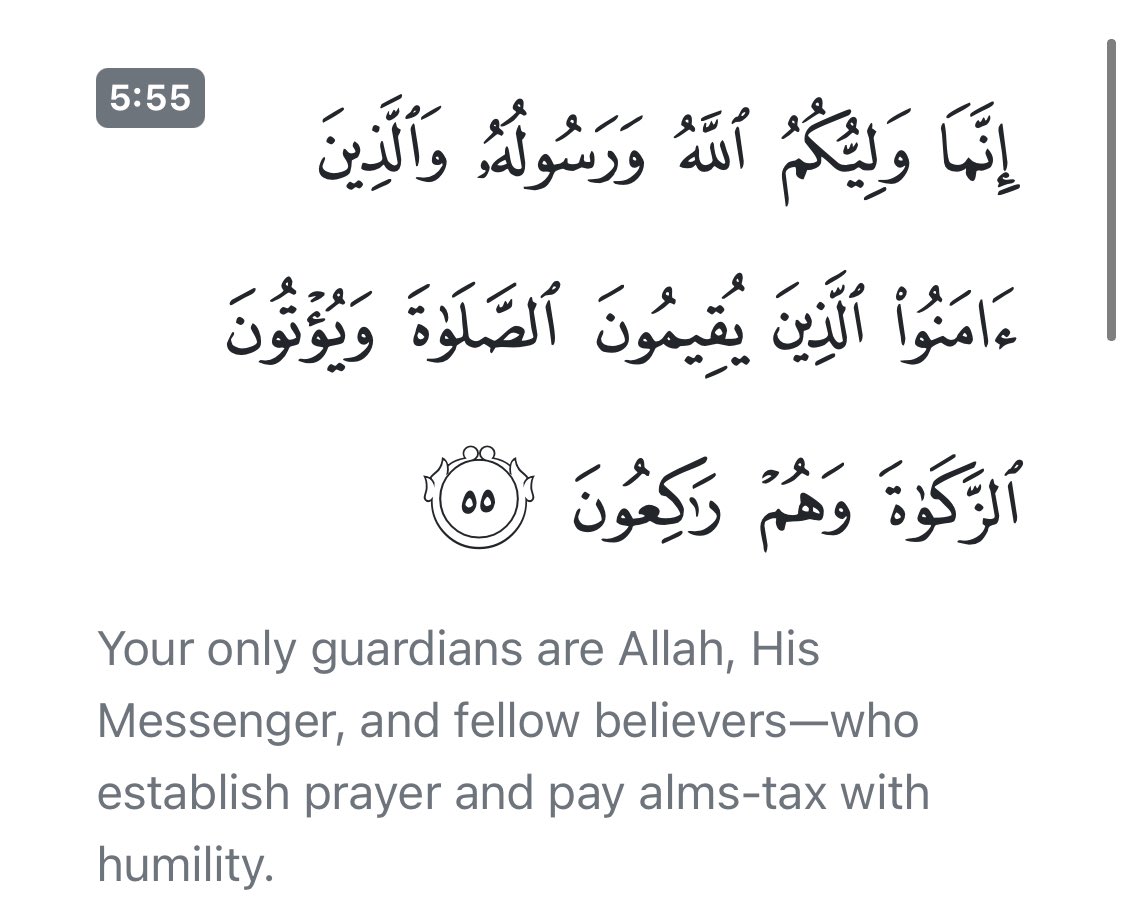Arguably the earliest expression of Shi’i religiosity was the concept of walayah (الولاية), oftentimes translated “sanctity” among other renderings. Walayah is a designation carrying different but interconnected meanings. Short thread 1/
Walayah can designate the authority of the Shi’i Imam, the relationship between the disciple and the Imam, as well as the spiritual bonds among different disciples of the Imam, collectively known as شيعة علي, the partisans of ‘Ali 2/
Walayah is verbal noun formed from the Arabic root w-l-y. All the several cognates describe kind of relationship between individuals of equal or varying ranks. It also describes relationship between master-servant, patron-client, ruler-subject, & other relations 3/
Two verbal nouns emerge from root w-l-y: walayah and wilayah. Both express action, (1) to be near or proximate to someone; (2) to be friend or relative of someone; (3) to administer or command. The boundaries between walayah and wilayah are not always clear 4/
Medieval Arabic understood walayah are state of nearness, while wilayah as mode of rulership. The latter (wilayah) is specific kind of authority limited to particular locality or jurisdiction, and subject to higher authority 5/
The wali was in medieval Islam a “near” representative of the distant authority of the caliph, someone within reach of the subjects, otherwise far removed from the caliph. Closely related to wilayah/walayah is the concept of nusrah (نصرة), or “support” 6/
The wali of the distant authority supported him, and friends of the wali were obligated to love each other and show mutual support to defend against any threat 7/
Nusrah was thus mandated by strong attachment or loyalty to the wali. That is, loyal disciples were expected to support the wali. Walayah then is a catch-all term denoting mutual aid and support predicated on principle of profound loyalty 8/
The concept walayah is well-established in the Qur’an, where wali and mawla are said of God. Similarly, wali and mawla are often presented as binaries of nusra (or nasir). God is sufficient as wali and nasir, the Quran says 10/
The Qur’anic walayah is reciprocal and relational in nature. God is wali, but so too are those who express profound devotion to God. They become the awliya (or “friends”) or God. The “friends” experience neither fear nor grief 11/
Closely related and frequently placed in conjunction with walayah is the other quranic concept enmity (عداوة), forming a rhetorical paid, similar to faith-disbelief, heaven-hell, etc. The Quran tells us God is the true wali, and He knows the believers’ enemies 12/
The believers, instructs the Quran, should trust that offers “protective friendship” through the relation of walayah, in order to overcome enmity of the opponents and their danger 13/
Emphatically is the instruction of the Quran that the division between friend and enemy is clearly drawn 14/
Abraham is the distant but pertinent prototype of love-enmity distinction drawn in the Quran. One is required to disassociate from persons of enmity even if tied by family bonds 15/
In early Shiism, walayah came to denote the charisma of ‘Ali, the archetypal wali most near to the Prophet and protective friend against spiritual threats, and spiritual community of disciples of the Imam 16/
The early Shi’i community saw themselves as spiritual and religious collective tied by commons bonds of friendship and mutual aid, while showing profound attachment to the figure of Ali and Imams, as the most near representatives of the Muhammad and God 17/
The idea or concept of walayah is not coterminous with Imamah, but there are overlaps. Imamah is a later theological development, while walayah appears early and representative of earliest forms of Shiism 18/
Shi’i (and to some extent Sunni) exegetes read numerous traditions in support of ‘Ali is the inheritor of the walayah mantle. Quran 5.55 was oftentimes read as reference to the walayah of ‘Ali by numerous exegetes 19/
As was the famous Ghadir event regarded by Shi’is as investiture marking the walayah of ‘Ali, proclaiming his closeness and protective friendship over the community, shortly before the departure of Muhammad. 20/ https://twitter.com/bdaiwi_historia/status/1291894716045434880

 Read on Twitter
Read on Twitter